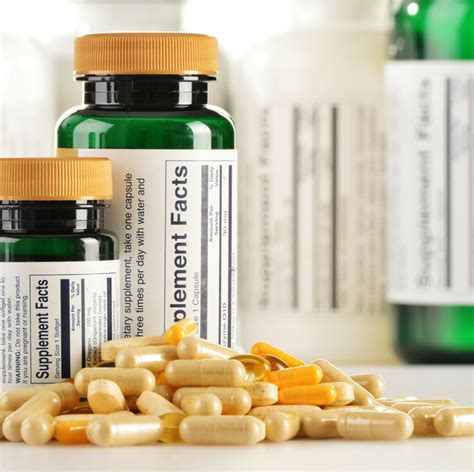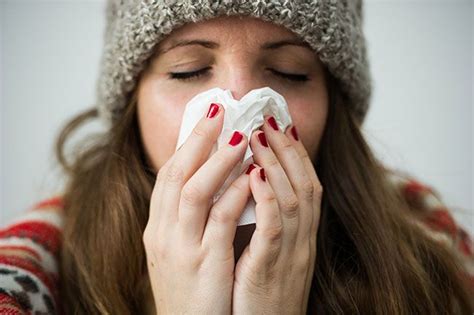Elite recovery strategies for peak male hormone levels & performance?

The Undeniable Link: Hormones, Performance, and Recovery
In the relentless pursuit of peak physical and mental performance, elite males understand that training is only half the battle. The true differentiator lies in superior recovery – a sophisticated, multi-faceted approach designed to not only repair the body but also optimize the hormonal landscape crucial for strength, endurance, cognitive function, and overall vitality. For men, testosterone is a cornerstone hormone, directly influencing muscle mass, bone density, libido, mood, and energy levels. Suboptimal recovery can lead to elevated cortisol, suppressed testosterone, and diminished performance, making strategic recovery paramount.
This article delves into the elite recovery strategies that go beyond basic rest, focusing on actionable methods to naturally elevate and maintain optimal male hormone levels, ensuring you perform at your absolute best, day in and day out.

Pillar 1: Precision Sleep Optimization
Sleep is not merely a break from activity; it’s the body’s primary repair and regeneration cycle. For elite males, sleep is a performance enhancer. Deep sleep phases are critical for growth hormone release and testosterone production. Compromised sleep directly correlates with lower free testosterone levels.
Sleep Hygiene & Environment
- Strict Schedule: Go to bed and wake up at the same time daily, even on weekends, to regulate your circadian rhythm.
- Darkness & Coolness: Ensure your bedroom is pitch black (use blackout curtains), cool (18-20°C or 65-68°F), and quiet.
- Digital Detox: Avoid screens (phones, tablets, computers) for at least 60-90 minutes before bedtime. Blue light disrupts melatonin production.
- Pre-Sleep Rituals: Incorporate calming activities like reading, meditation, or a warm bath to signal your body it’s time to unwind.
Advanced Tracking & Biofeedback
Utilize wearables (e.g., Oura Ring, Whoop) to track sleep stages (REM, deep sleep), heart rate variability (HRV), and breathing rate. Analyze trends to identify patterns that impact sleep quality and adjust your routine accordingly. High HRV is often an indicator of good recovery and readiness to perform.
Pillar 2: Fueling for Hormonal Harmony
Nutrition plays a foundational role in hormone synthesis and regulation. Elite recovery demands a nuanced approach to dietary intake, focusing on nutrient density, timing, and anti-inflammatory properties.
Macronutrient Precision
- Healthy Fats: Essential for testosterone production. Incorporate sources like avocados, olive oil, nuts, seeds, and fatty fish (salmon, mackerel). Aim for 20-30% of total daily calories from healthy fats.
- Quality Protein: Adequate protein intake supports muscle repair and overall hormonal health. Focus on lean meats, poultry, eggs, and quality plant-based sources.
- Complex Carbohydrates: Provide energy for intense training and help regulate cortisol. Opt for whole grains, sweet potatoes, and fruits.
Micronutrient & Hydration Focus
Ensure sufficient intake of key micronutrients:
- Vitamin D: Crucial for testosterone production and immune function. Aim for regular sun exposure and consider supplementation.
- Zinc & Magnesium: Often depleted in active individuals, both are vital for numerous enzymatic processes, including testosterone synthesis.
- Hydration: Dehydration impairs physical and cognitive performance, and can negatively impact hormone balance. Aim for consistent water intake throughout the day.

Pillar 3: Strategic Supplementation & Nootropics
While a whole-food diet is paramount, certain supplements can provide targeted support for hormone optimization and recovery.
- Ashwagandha: An adaptogen known to reduce cortisol levels and improve testosterone, especially in stressed individuals.
- Creatine Monohydrate: Enhances strength and power, and supports cognitive function. Indirectly aids recovery by improving performance.
- Omega-3 Fatty Acids: Reduce inflammation, support cardiovascular health, and may improve insulin sensitivity, all beneficial for hormonal health.
- Boron: Emerging research suggests it can increase free testosterone and reduce estrogen levels.
- Tongkat Ali: Shown to reduce stress hormones and improve testosterone levels, particularly in men with low T.

Pillar 4: Stress Modulation & Mental Fortitude
Chronic stress is a testosterone killer. Elevated cortisol directly inhibits testosterone production. Elite males employ sophisticated strategies to manage psychological and physiological stress.
Mind-Body Practices
- Meditation & Mindfulness: Regular practice (even 10-15 minutes daily) can significantly lower cortisol, improve mental clarity, and enhance sleep quality.
- Breathwork: Techniques like diaphragmatic breathing or box breathing can rapidly shift the nervous system from sympathetic (fight or flight) to parasympathetic (rest and digest), promoting recovery.
Cortisol Management
Beyond mind-body practices, ensure training intensity is appropriate for your recovery capacity. Overtraining is a significant physiological stressor that can derail hormonal balance.
Pillar 5: Advanced Recovery Modalities
These modalities accelerate physical repair, reduce inflammation, and enhance nervous system regulation.
Therapeutic Cold & Heat Exposure
- Cold Plunge/Cryotherapy: Reduces inflammation, speeds muscle recovery, and can improve mood. Short, intense exposures (2-5 minutes) post-workout are effective.
- Sauna Therapy: Promotes detoxification, improves cardiovascular health, and can induce heat shock proteins, which aid in cellular repair. Use separate from cold therapy for distinct benefits.
Manual & Active Recovery Techniques
- Massage & Foam Rolling: Improve blood flow, reduce muscle soreness, and release trigger points.
- Active Recovery: Light activities like walking, cycling, or swimming on rest days enhance blood circulation and nutrient delivery to muscles without adding significant stress.

Pillar 6: Consistent Monitoring & Adjustment
Elite performance is not static; it requires continuous assessment and adaptation. Regularly monitor key biomarkers and performance indicators.
- Blood Work: Periodically test total and free testosterone, estrogen, cortisol, Vitamin D, and other relevant markers to understand your hormonal baseline and track progress.
- HRV Tracking: As mentioned, HRV provides insights into your autonomic nervous system balance and recovery status, indicating readiness for intense training.
- Subjective Feedback: Pay attention to your energy levels, mood, libido, and recovery from workouts. Your body often provides the earliest signals of imbalance.
Use this data to inform adjustments to your training, nutrition, sleep, and supplementation protocols. This iterative process ensures you are always optimizing for peak hormonal health and performance.

Conclusion: The Integrated Approach to Elite Performance
Achieving and maintaining peak male hormone levels and performance is an intricate dance of intelligent training, precise nutrition, disciplined sleep, effective stress management, and targeted recovery modalities. There’s no single magic bullet; rather, it’s the synergistic application of these elite strategies that unlocks sustained high performance and long-term health. By committing to these advanced recovery protocols, you empower your body to not only withstand the demands of intense training but to thrive, ensuring your hormonal landscape supports your ambition to be at your absolute best.









